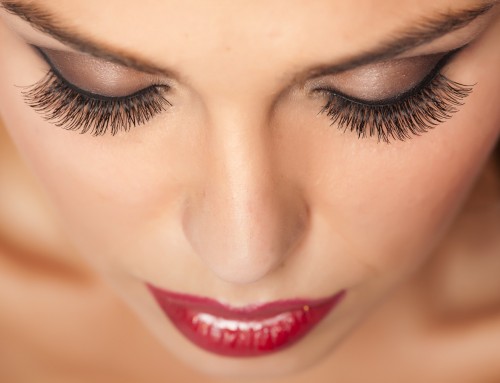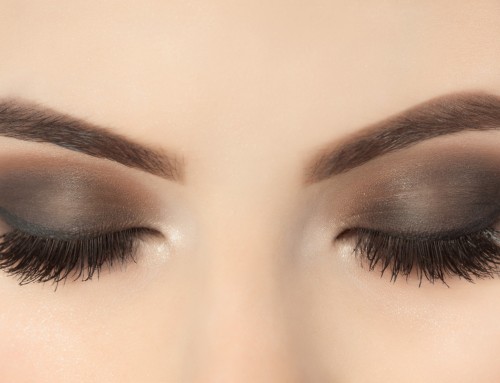While men are known to have hair loss as they get older, it can be a shock when it happens to women as well. Because it seems that female hair loss isn’t as common, it actually is a relatively common occurrence, with over 21 million women experiencing some form of hair loss each year.
But hair loss can be embarrassing, cause low self-esteem, and be concerning to women who aren’t sure why it’s happening. We are going to go over some of the causes of female hair loss for you in this article.
Keep reading to learn the top causes of female hair loss and what you can do to fight it.
Alopecia
Alopecia is the medical term for “hair loss.” There are actually three separate alopecia conditions that could be one of the causes of female hair loss.
Alopecia Areata
This is a condition that most commonly affects children and young adults. This causes sudden hair loss, and it can result in complete baldness as well as hair loss all over the body.
It’s thought that this condition is caused by an issue in the immune system attacking the hair follicles in the scalp, which causes hair loss. This can happen in both males and females.
Androgenic Alopecia
This condition is better known as “male pattern baldness.” It turns out this is a misnomer, for it can affect both men and women.
This is a hereditary condition, meaning it is genetic. The hair loss caused by this condition can start in the early 20s for men and the early 40s for women.
Involutional Alopecia
This condition refers to the general thinning and loss almost all people experience with age. As you get older, more and more hair follicles will enter what’s called a “rest” phase, which means it stops growing and eventually falls out.
Less hair will grow back, and any remaining hair is thinner and shorter than it once was when you were younger.
Hormone Changes and Imbalances
One of the most common causes of female hair loss is hormone changes and imbalances. When the hormones in your body change drastically or rapidly, it can affect hair growth cycles, which can lead to hair loss.
This often happens with pregnancy. During pregnancy, hair enters a sort of rapid growth phase and isn’t shed as often because of the increase in certain hormones like estrogen.
Once estrogen levels go back to normal, hair can go back to its natural growth cycles, which can lead to excess hair loss after a period of intense growth.
Another common cause of hormone-induced hair loss in women is birth control. Changing or going off birth control can have a huge effect on your hormone levels. This can lead to hair loss.
Medication
Medications are another one of the most common causes of female hair loss. Medications can cause hair loss in two distinct ways.
1. Telogen Effluvium
When medications cause hair to fall out prematurely when it is in the “resting” phase of the hair growth cycle, it’s called telogen effluvium. The medication interferes with the natural resting phase of the hair follicle, which can result in excess shedding and hair loss.
2. Anagen Effluvium
Instead of affecting the hair growth cycle during the rest phase, certain medications can also affect the hair while it is in the growth phase. These types of medications make it impossible for the cells that influence hair growth to divide and develop properly, which induces sudden and severe hair loss.
Medication Types
Check the side effects and ask your doctor about any and all medications or supplements you are taking to see if those could be the cause of your hair loss. The following are just a few examples of medications that can result in hair loss:
- Chemotherapy drugs
- Acne medications
- Antidepressants
- Hormone replacement therapy
- Birth control pills
- Blood thinners
- Immunosuppressants
- Mood stabilizers
These medications can cause hair loss, but by no means do they always cause hair loss. Talk to your doctor to see if they think that could be your issue.
Stress
Both physical and emotional stress can cause hair loss. If you’re suffering from an illness or condition, that physical stress can directly affect hair growth and induce hair loss. Emotional stressors like depression and anxiety can also trigger hair loss.
Stress will induce telogen effluvium. This will cause hair to fall out prematurely, resulting in hair loss and thinning.
Protein Deficiency
Hair is made up of a nutrient called protein. Eating enough protein every day via foods like meat, beans, nuts, and seeds will make sure your body has enough of this nutrient to maintain proper hair growth.
If you aren’t getting enough protein in your diet, then your body won’t have the building blocks necessary to grow a healthy, full head of hair.
Tips to Prevent Hair Loss
These are some of the top causes of female hair loss, so let’s look at what you can do to prevent hair loss from happening to you.
Try to avoid putting your hair up in certain hairstyles like buns or ponytails. This can pull at your hair follicles and actually cause hair to fall out sooner than it would have normally.
You should also try and be as gentle with your hair as possible. Avoid using a lot of products or harmful dyes. When drying your hair after a shower, be extra gentle and don’t tousle it too much. Also, try not to apply excess heat via straighteners, blow dryers, or curlers.
There are specialty hair loss products you can use, including shampoos, conditioners and supplements. Click here to learn more about specialty products that can prevent hair loss.
Stress management techniques like exercise, meditations, and mindfulness can help keep your stress levels low. If stress is causing your hair loss, these practices can help.
Finally, be aware of the medications you are taking. If you think a medication is causing your hair loss, talk to your doctor. They might be able to offer some solutions to the issue.
Prevention and Causes of Female Hair Loss: Wrapping Up
Hair loss can be an embarrassing and hard problem to deal with, especially as a woman. Hopefully, this article helped you understand why this might be happening to you.
If you found this article helpful, feel free to share it. You can also contact us with any other questions you might have.











